1. Types of assessment
1.1. Formative
1.1.1. Self and peer assessment
1.1.2. Writer's Workshop Folders
1.1.3. Documentation
1.1.3.1. Digital Tools
1.1.3.1.1. SeeSaw
1.1.3.1.2. Evernote
1.1.3.1.3. Strip Design
1.1.3.2. Reggio Emilia
1.1.3.2.1. The history of the group captured and celebrated
1.1.3.2.2. The story of the group
1.1.3.3. Making Thinking Visible
1.1.3.3.1. Dylan Wiliam
1.1.3.3.2. Reflection Wall
1.1.3.3.3. Student ownership
1.1.3.3.4. Guy Claxson's split screen
1.1.3.3.5. Walls in classroom are "learning walls"
1.1.3.3.6. "What I am learning..." and "How I am learning..."
1.1.4. Anecdotal
1.2. Summative
1.2.1. Rubrics
1.2.2. Exemplars
1.2.3. Continuums
1.2.4. Map Testing
1.2.5. Report Cards
1.2.6. Progress Reports
1.2.7. Learning Portfolios
1.2.8. F&P Reading levels
2. Feedback: include a recipie for next steps
2.1. Timely
2.2. Specific
2.3. Actionable
2.4. Consistent
2.5. Contextual
2.6. Growth mindset
2.7. Anchored to individual learning goals
3. Definition and uses
3.1. Keep yourself accountable for what your school has agreed to grade level bench marks.
3.2. Gathering evidence the next step the student will need
3.3. Assessment and reflection are a way of helping students notice a changing in their understanding
3.4. Provide feedback on the learning process
4. When to assess
4.1. Exit tickets
4.2. To find out prior knowledge
4.3. Informs teaching and next steps for each child
5. Who should be in on the conversation
5.1. Parents
5.1.1. see evidence of student learning
5.1.2. provide opportunities to celebrate student's learning
5.1.3. develop and understanding of student's progress
5.2. Student
5.2.1. student led conferences
5.3. EAL Teacher
5.4. Administration
5.5. Grade level team
5.5.1. gather evidence
5.5.2. provide evidence
5.5.3. use analytical and holistic scoring
5.5.4. develop criteria for producing quality performance or product

